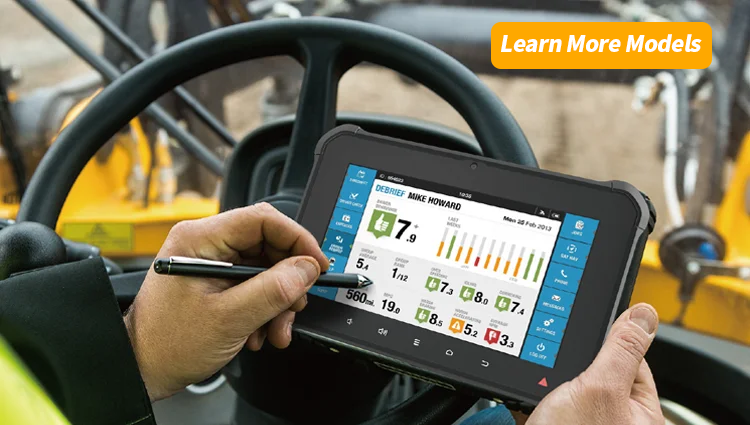Unlock the Power of OBUs: Enhancing Road Safety and Efficiency
In the fast-paced world of automotive technology, the integration of advanced systems that enhance road safety and efficiency is paramount. One such innovation is the On-Board Unit (OBU), a pivotal component of Intelligent Transportation Systems (ITS). OBUs are electronic devices installed in vehicles, designed to communicate with both the vehicle’s internal systems and external infrastructure, facilitating Vehicle-to-Everything (V2X) communication. This article delves into the world of OBUs, exploring their functionalities, benefits, and the role they play in shaping the future of transportation.
The Role of OBUs in Vehicle Communication:
OBUs are equipped with wireless communication technologies such as Dedicated Short-Range Communication (DSRC) or Cellular Vehicle-to-Everything (C-V2X), enabling them to exchange information with Roadside Units (RSUs), other vehicles, and various elements of the transportation infrastructure. This capability is crucial for enhancing road safety and traffic management.
Safety Applications:
OBUs play a significant role in supporting safety applications, such as collision avoidance systems and cooperative adaptive cruise control. By receiving real-time data from the environment, OBUs can help vehicles make informed decisions to avoid accidents and improve overall road safety.
Traffic Management:
OBUs contribute to traffic management by providing data on the vehicle’s location and speed. This information can be used to optimize traffic flow, manage congestion, and enhance overall transportation efficiency.
Navigation and Routing:
OBUs can assist in navigation and route optimization by receiving traffic and road condition updates from the infrastructure. This helps drivers choose the most efficient routes and avoid areas with congestion or other issues.
Integration with Vehicle Systems:
OBUs are often integrated with the vehicle’s onboard systems, such as the engine control unit (ECU) and other sensors. This integration allows OBUs to access and share information about the vehicle’s status, contributing to improved overall performance and safety.
The Future of OBUs:
As technology continues to evolve, so too does the functionality of OBUs. With advancements in V2X communication, OBUs are poised to become even more integral to the connected vehicle ecosystem. The future of OBUs looks promising, with potential for increased data exchange, enhanced safety features, and more sophisticated traffic management solutions.
Conclusion:
The deployment of OBUs, along with RSUs and other connected infrastructure components, is a key enabler for the development of smart and connected transportation systems. These systems aim to enhance road safety, reduce traffic congestion, and improve the overall efficiency of transportation networks by enabling real-time communication between vehicles and the surrounding infrastructure.
Latest Content
- The 5 Best Rugged Tablets for Manufacturing in 2026
- Why System Integrators Still Choose Proven Hardware Partners in 2026
- What is a Mobile Data Terminal (MDT)? Ultimate Guide for 2026
- Mining Operations Redefined: Durable Rugged Tablets for Harsh Environments & Safety
- Mastering Enterprise Mobility: The Essential Guide to Mobile Device Management Solutions







